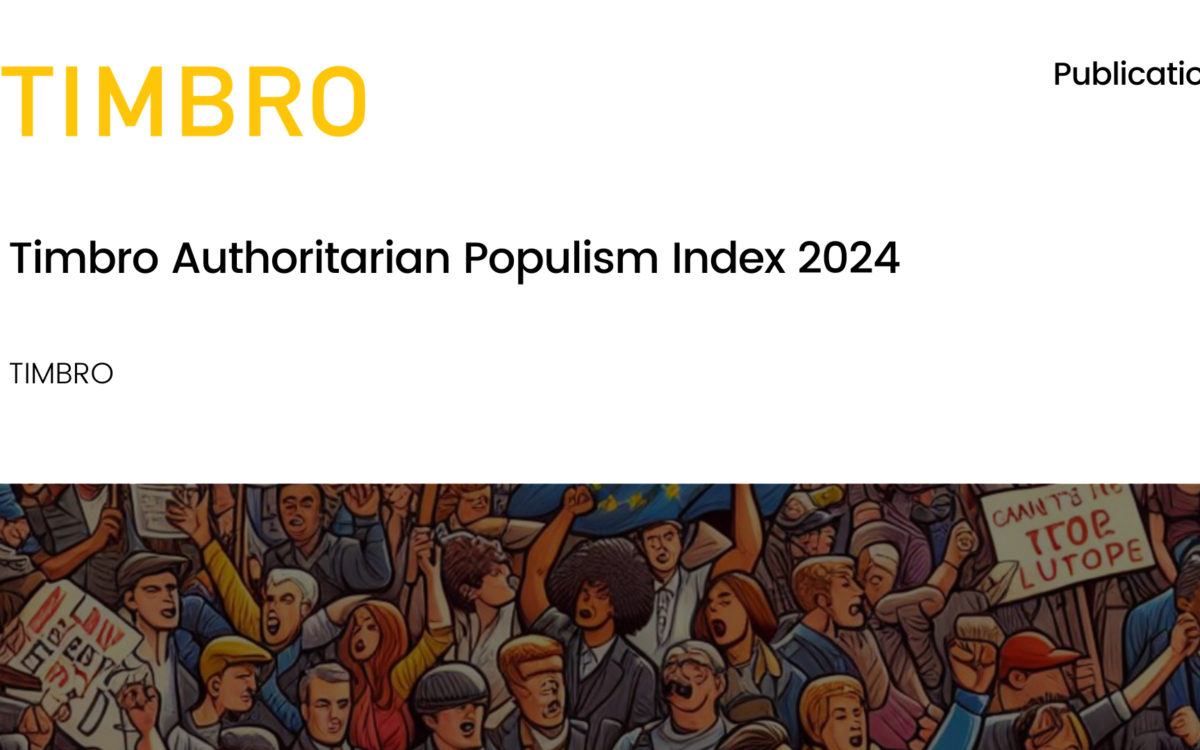How To Contain The Crisis And Reform The Polish Justice System?

How To Contain The Crisis And Reform The Polish Justice System?
13 January 2021
The crisis in the rule of law that Poland has witnessed since 2015 must be contained as soon as possible. Any proposal to restore the rule of law must follow certain principles such as legality, proportionality and respect for fundamental rights. It is also important to gather public support around such a plan, and make sure that it does not simply assume a return to status quo ante.
It is essential to correctly identify the breaches of the rule of law in order for any successful plan to contain the crisis. In order to focus on genuine violations, we propose our own definition, and catalogue the breaches.
As the Constitutional Tribunal has the power to issue universally binding decisions which usually follow the ruling majority’s views, it is important that any plans to contain the crisis deal with this issue first.
All these breaches, because of the Constitutional Tribunal, should be referred to international courts, such as the Court of Justice or the European Court of Human Rights. In some fields, cases which relate to the violations of the rule of law are already pending. The judgements of international courts may thus facilitate the whole process of restoring the rule of law in Poland.
While the ruling party’s policies have led to many violations of the rule of law, they have also failed to respond to various challenges that existed in the justice system before 2015.
Apart from restoring the rule of law, the justice system has to be reformed. National and international measures show that performance of judiciary has been deteriorating since the ‘reforms’ by Law and Justice started. For example, the average length of judicial proceedings is even greater, and the substantial public resources that have been devoted to the justice system are still being spent in an inefficient way.
Download or share this publication
View the PDF
EPICENTER publications and contributions from our member think tanks are designed to promote the discussion of economic issues and the role of markets in solving economic and social problems. As with all EPICENTER publications, the views expressed here are those of the author and not EPICENTER or its member think tanks (which have no corporate view).



